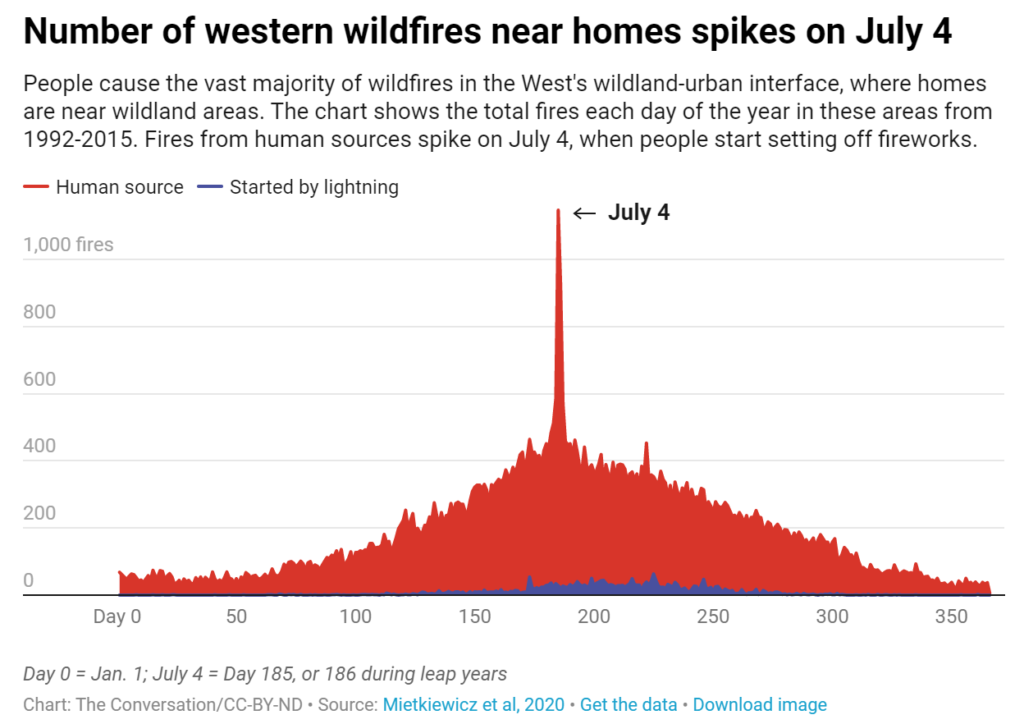Link:https://nrt.unl.edu/nrt-director-team-awarded-patent-fireball-dropping-drones
Excerpt:
Craig Allen recently accomplished a personal first as an ecology professor by getting listed on a patent for a fireball-dropping drone.
“For me, because I expect that I will probably never have another patent in my life, because I do science that’s generally not patentable and I really don’t have the capacity for that kind of thing, the patent is fully unique and, thus, will have a special place in my heart,” said Allen, director of the National Science Foundation Research Traineeship at Nebraska.
He worked with agronomy professor Dirac Twidwell, computer science professors Sebastian Elbaum and Carrick Detweiler, and former Nebraska students Christian Laney, James Higgins and Evan Michael Beachly in developing IGNIS, the drone product.
….
At first, the three discussed using drones as a less dangerous way to sample invasive species like zebra mussels in Nebraska waters. Then, when a person was injured on an ATV during a prescribed burn, the three professors turned to discussing using drones in prescribed burns.
Allen said about 40,000 acres of rangeland in Nebraska are invaded by trees every year and fire is the best way to control that.
Typically, firefighters on ATVs or in helicopters carry out prescribed burns, but both methods can be dangerous.
Publication Date: accessed 29 Jun 2023
Publication Site: University of Nebraska-Lincoln

